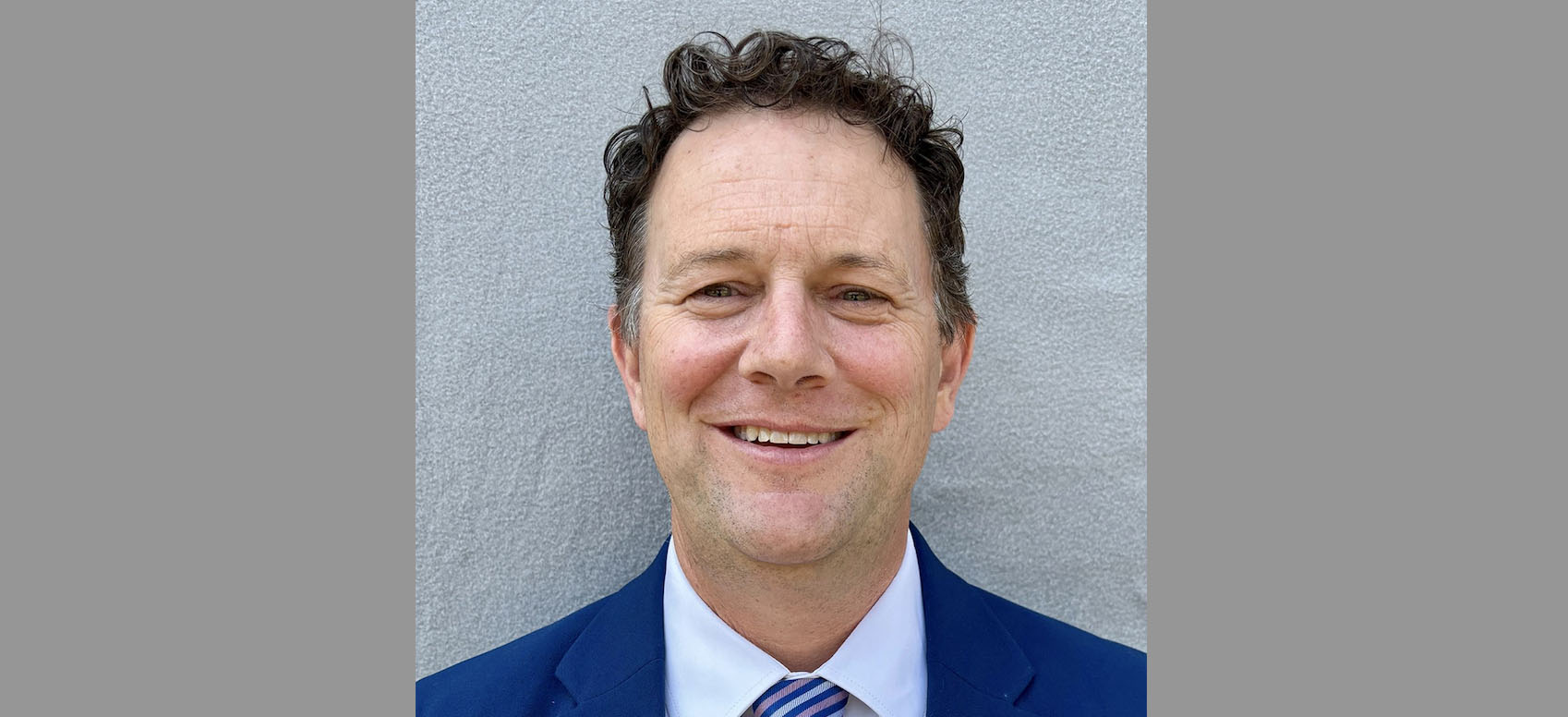FROM WKYT: CHS expert discusses high school football safety concerns

By Kelsey Souto
WKYT
LEXINGTON, Ky. (WKYT) - The CDC has started the “Heads Up” campaign to help doctors, school professionals, athletic trainers to diagnose and manage concussions.
Just last week, a West Virginia Football player died after suffering a head injury during practice.
WKYT spoke to experts about the importance of safety out on the field.
“If a player isn’t properly taught at an early age, don’t lead with your head. See what you tackle. Those are simple phrases that go a really long way,” said Dr. Phillip Gribble, an athletic trainer and professor at UK.
Dr. Gribble says over the last few decades, major advances in technology have been making a difference out on the field.
“There’s a very significant consequence of what’s called Second Impact Syndrome. Returning an athlete when they’re still in a recovery stage on the brain, and they can sustain a second impact,” Dr. Gribble said. It is associated with really high rates of very serious consequences and a high rate of fatalities.”
Eighth-grader Cohen Craddock lost consciousness on the football field after being tackled during practice. His father, Ryan Craddock, told our CBS affiliate in Charleston, West Virginia, that he suffered severe brain swelling and died the following day from head trauma.
“Very hard to wrap your head around. You can’t imagine that with head protection. I understand concussions. I understand headaches. But to the point that your brain swells and takes you off the earth, that’s hard to fathom,” Ryan Craddock said.
All the preparations can be in place. Everything can be perfectly prepared, but injuries are still going to happen—nasty injuries, the unfortunate consequences of a contact sport,” Dr. Gribble said.
Dr. Gribble says pre-season cognitive screenings can help garner a baseline. it will also help medical professionals track athletes throughout the season.
“Things like memory tests, recall tests, short-term memory tests as well as coupling that with balance tests and maybe some other functional tests,” Dr. Gribble said.
He says having a certified athletic trainer on the sidelines can be life-saving.